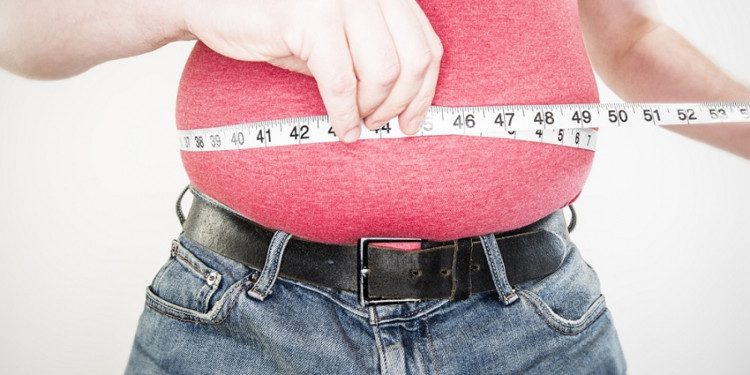People gain weight as they age for many reasons, including a sedentary lifestyle, increased stress, or hormonal imbalances.
Over the years, your waistline may increase even if you believe your eating habits have not changed at all. This happens to many individuals and is a consequence of various factors. There are numerous reasons why your body may gain weight as you grow older, according to Medical Daily.

After the age of 30, you lose 3-5% of muscle mass every decade. (Image: Huffington Post).
Lack of Physical Activity and Muscle Loss
Have you ever watched children playing and thought to yourself, “I wish I had that energy again”? Children are constantly active, which is why they rarely struggle with being overweight. Teenagers often participate in sports, helping them maintain a slim physique. However, as people enter college and the workforce, they tend to sit more, leading to fat accumulation. Furthermore, after the age of 30, you lose 3-5% of muscle mass every decade, a phenomenon known as age-related sarcopenia.
Increased Stress
As you get older, you may experience more stress due to various responsibilities. Stress affects your body’s metabolism and can lead to unhealthy eating habits, resulting in weight gain. In addition, stress can cause other consequences, such as decreased cognitive function, memory issues, impaired immune function, increased blood pressure, cholesterol levels, and a higher risk of cardiovascular diseases.
Hormonal Decline
The aging process is often accompanied by a significant decline in hormones, including growth hormone, estrogen, progesterone, testosterone, and thyroid hormones. This natural degeneration is referred to as age-related hormonal decline and begins when the body reaches the age of 30. As a compensatory mechanism, various components in the body change, leading to increased abdominal fat, muscle atrophy, sleep disturbances, or mental health issues like depression.
Aging makes it more challenging to maintain a healthy weight, but improvement is possible with the right methods and persistence. Adopting a healthy, low-calorie diet; engaging in physical activity and ensuring adequate rest will help you protect your figure.
Sleep Deprivation
Nutrition expert Gu Chuanling indicates that as people reach middle age, they tend to find it harder to fall asleep compared to their younger years. Poor sleep and lack of rest can affect leptin hormone levels, increasing hunger and causing a desire to eat more than the body actually requires. A study involving 70,000 individuals showed that those who sleep less than 5 hours are more likely to gain weight compared to those who sleep over 7 hours, meaning less sleep correlates with weight gain.
Chronic sleep deprivation disrupts hormones, leading the body to store more fat.
Expert Gu concludes that while it may be more difficult to lose weight in middle age, it is not impossible. The key lies in your determination and willpower. She recommends consuming about two handfuls of vegetables, one handful of protein, and one handful of carbohydrates at each meal, prioritizing high-quality carbs to regulate blood sugar, thus aiding weight loss more effectively. Gu Chuanling also encourages limiting the intake of sweets and high-fat foods to protect your health and physique.




















































